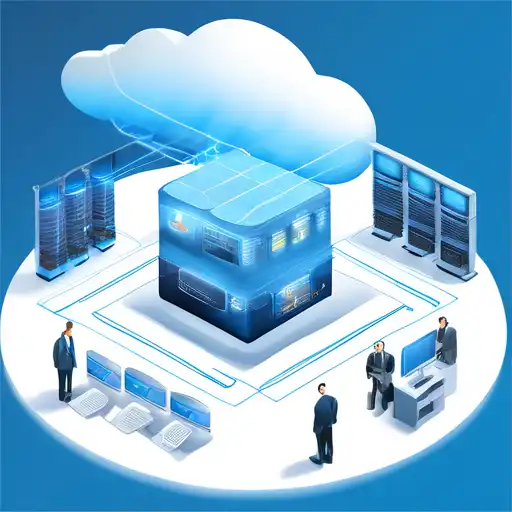What Are Hybrid Cloud Solutions?
Hybrid cloud solutions represent a computing environment that combines on-premises infrastructure, private cloud services, and public cloud services with orchestration between the platforms. This approach allows businesses to leverage the best of both worlds, ensuring flexibility, scalability, and cost-efficiency.
Benefits of Hybrid Cloud for Businesses
Adopting hybrid cloud solutions offers numerous advantages for businesses of all sizes. Here are some key benefits:
- Scalability: Easily scale your IT resources up or down based on demand without significant upfront investments.
- Cost Efficiency: Reduce capital expenditure by utilizing public cloud resources for non-sensitive operations while keeping critical data on-premises.
- Flexibility: Enjoy the flexibility to choose where to run your applications based on compliance, performance, or cost requirements.
- Disaster Recovery: Enhance your disaster recovery strategy by leveraging cloud-based backups and replication.
Key Considerations When Implementing Hybrid Cloud Solutions
Before transitioning to a hybrid cloud model, businesses should consider several factors to ensure a smooth and successful implementation:
- Compliance and Security: Ensure that your hybrid cloud strategy complies with industry regulations and that sensitive data is securely managed.
- Integration: Assess how well your existing systems can integrate with cloud services to avoid compatibility issues.
- Management Tools: Invest in robust management tools that provide visibility and control across all your environments.
- Vendor Lock-in: Be cautious of vendor lock-in by choosing solutions that offer interoperability and portability.
How to Choose the Right Hybrid Cloud Provider
Selecting the right hybrid cloud provider is crucial for achieving your business objectives. Consider the following when evaluating potential providers:
- Reputation and Reliability: Look for providers with a proven track record of reliability and positive customer feedback.
- Service Offerings: Ensure the provider offers the specific services and features your business needs.
- Support and SLAs: Evaluate the level of support provided and the terms of service level agreements (SLAs).
- Pricing: Compare pricing models to find a solution that fits your budget without compromising on quality.
Future Trends in Hybrid Cloud Computing
The hybrid cloud landscape is continuously evolving, with several trends shaping its future:
- Edge Computing: The integration of edge computing with hybrid cloud strategies to process data closer to its source.
- AI and Machine Learning: Leveraging AI and ML for smarter resource management and operational efficiency.
- Multi-cloud Strategies: Businesses are increasingly adopting multi-cloud approaches within their hybrid cloud models for greater flexibility.
Hybrid cloud solutions offer a versatile and efficient way for businesses to manage their IT infrastructure. By understanding the benefits, considerations, and future trends, companies can make informed decisions to leverage hybrid cloud technologies effectively.
